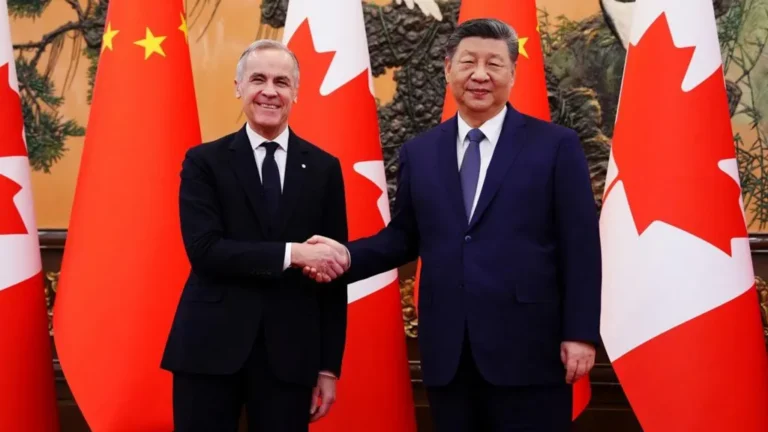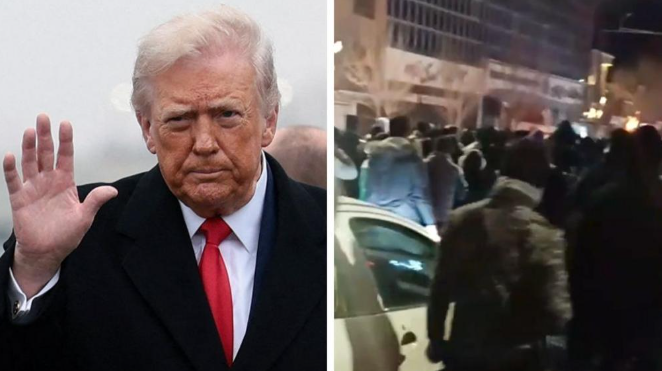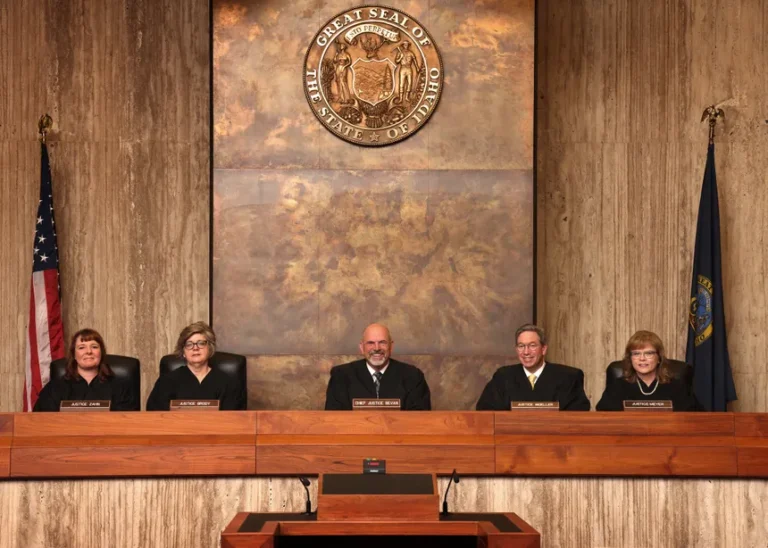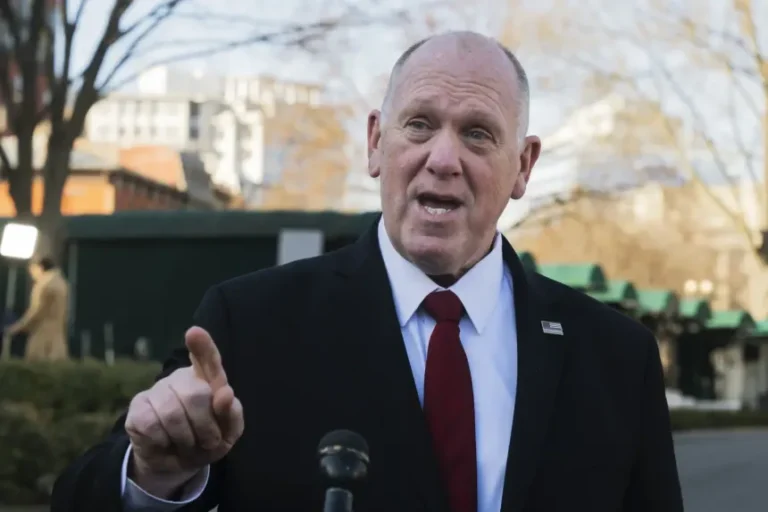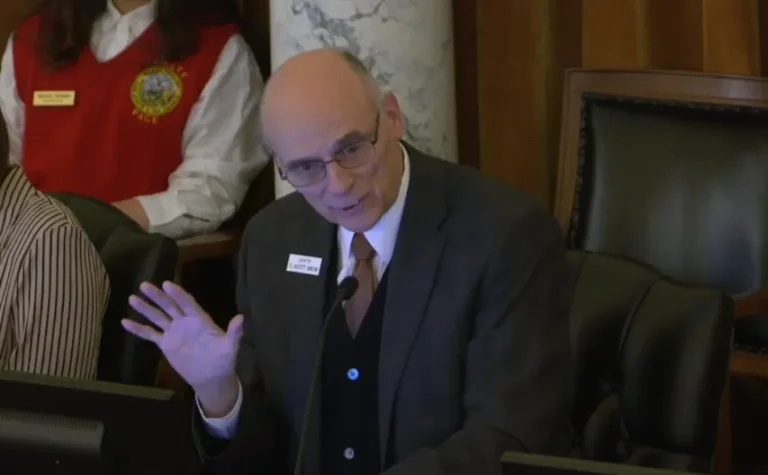
May 9, 2025 – NEW DELHI / ISLAMABAD — India announced Thursday that it had “neutralized” a wave of Pakistani drone and missile attacks on its military targets, while confirming it conducted retaliatory strikes on air defense installations in Pakistan, including near Lahore and Rawalpindi.
The exchange marks one of the most intense escalations between the nuclear-armed neighbors since the 1999 Kargil War, raising concerns across the international community about the potential for a broader conflict.
Indian Strikes Hit Pakistani Air Defenses
According to the Indian Ministry of Defence, the Pakistani military launched coordinated attacks against several northern and western Indian locations. Indian forces responded by targeting and disabling Pakistani air defense systems, including one located in Lahore, Pakistan’s second-largest city.
In a statement, India said it responded with “the same domain and same intensity” and reiterated its position of non-escalation, “provided it is respected by the Pakistani military.”
Pakistan Alleges Civilian and Military Casualties
Pakistan’s military spokesman, Major General Ahmed Sharif Chaudhry, said 25 Indian drones were shot down across nine cities, including Karachi and Rawalpindi, claiming one civilian was killed and four soldiers injured.
Calling the drone strikes a “blatant military act of aggression,” Chaudhry warned that India would “pay dearly” for the attacks. Pakistan’s foreign ministry also reported that Chinese-supplied jets were used to shoot down five Indian fighter aircraft, including French-made Rafales, though no evidence was provided to substantiate the claim. India has not confirmed any such losses.
Civilian Death Toll Rises on Both Sides
The escalating conflict has already resulted in significant casualties:
- 32 people killed and 61 injured in Pakistan this week, according to local authorities.
- 16 civilians killed in Indian-administered Kashmir due to Pakistani shelling, including women and children, according to Indian reports.
The Line of Control (LoC) — the de facto border dividing Kashmir — has seen intensified cross-border fire since India conducted air strikes on Wednesday in response to a deadly militant attack on Indian tourists, which New Delhi has blamed on Pakistan.
Global Leaders Call for Restraint
The U.S., European Union, and other international actors have urged both sides to avoid further escalation. President Donald Trump offered to mediate, warning of the risks of a potential nuclear standoff if tensions continue to spiral.
Defense analysts described the use of drones in urban Pakistani areas as unprecedented in the decades-long India-Pakistan conflict. “The old rules have been thrown out,” said Professor Christopher Clary of the University at Albany. “The new rules haven’t been written. This is a dangerous period.”
National Security Heightened in India
India’s Prime Minister Narendra Modi convened top officials for an emergency meeting on Thursday to assess preparedness and enhance civil defense protocols amid fears of further attacks on critical infrastructure.
Meanwhile, both countries continue to recover and analyze debris from drones and missiles in affected regions.
